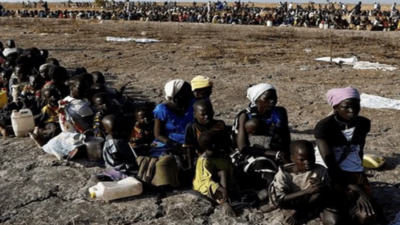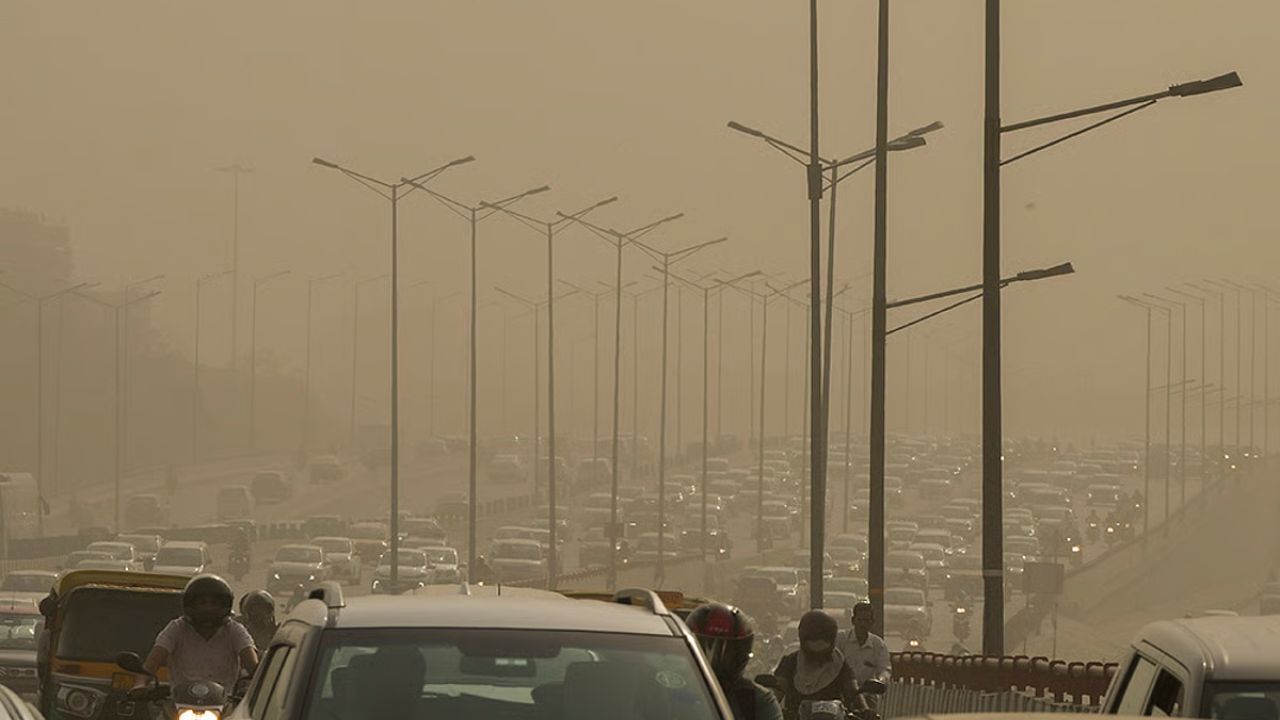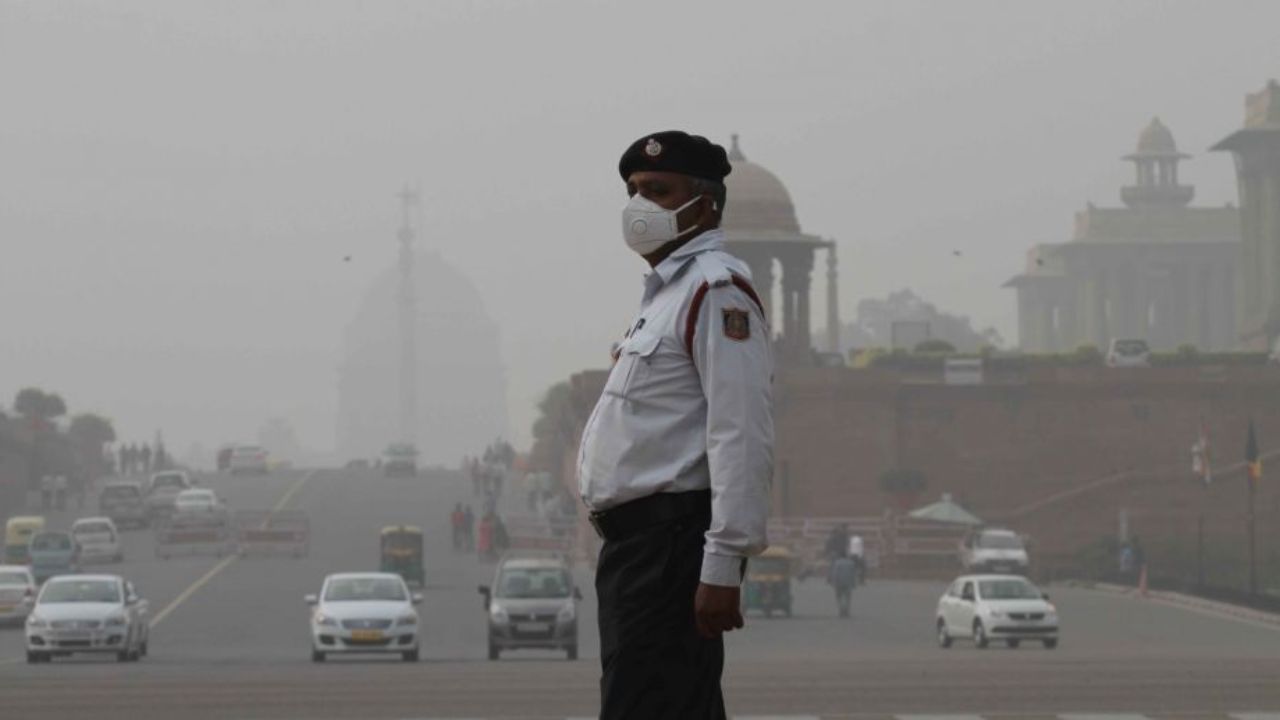Sudanese artists bring their refugee audiences back to their homeland through the power of music and dance.
As the performers took the stage and the rhythm of traditional drums intensified, tears filled the eyes of Sudanese refugees in the audience. Hadia Moussa shared that the melody reminded her of her family’s ancestral

As the performers took the stage and the rhythm of traditional drums intensified, tears filled the eyes of Sudanese refugees in the audience. Hadia Moussa shared that the melody reminded her of her family’s ancestral home in the Nuba Mountains.
“Performances like this are vital for those of us mentally affected by the war. They reconnect us with Sudanese folklore and our culture,” she explained.
Since April 2023, Sudan has been engulfed in violence due to a conflict between the military and the paramilitary Rapid Support Forces, transforming the capital, Khartoum, into a battlefield and displacing 4.6 million people, including over 419,000 who have fled to Egypt, according to the U.N. migration agency.
A 12-member band now resides among thousands of refugees in Egypt. Known as “Camirata,” this troupe consists of researchers, singers, and poets dedicated to preserving traditional Sudanese folk music and dance amid the devastation of war.
Founded in 1997, the band gained popularity in Khartoum before touring various regions, bringing together diverse musicians, dancers, and styles. They perform in 25 different Sudanese languages.
Dafallah el-Hag, the band’s founder, noted that members began relocating to Egypt as Sudan faced a challenging economic and political transition following the 2019 uprising that ousted long-time ruler Omar al-Bashir. More followed after the outbreak of violence, with el-Hag arriving late last year.
On stage, the band incorporates a range of local musical instruments. El-Hag mentioned that audiences are often surprised to see instruments like the tanbour, a stringed instrument, played alongside nuggara drums, complemented by the sounds of the banimbo, a wooden xylophone.
“This blend of musical instruments fosters a sense of forgiveness and unity among the Sudanese people,” el-Hag remarked, expressing his desire to revive a museum in Khartoum that housed historic instruments, which were reportedly looted and damaged.
Fatma Farid, a 21-year-old singer and dancer from Kordofan, moved to Egypt in 2021 after her aunt was killed by an explosion that struck their home in al-Obeid, the capital of North Kordofan.
“The war has changed my perspective on art,” she shared. “As an artist, you think about the message you want to convey.”
Kawthar Osman, a native of Madani city who has been with the band since its inception, feels a deep nostalgia when singing about the Nile River, which originates in Sudan from the Blue and White Nile.
“It reminds me of what makes Sudan special,” she said, adding that the conflict has only inspired the band to sing more passionately for peace.
Over 2 million Sudanese have fled the country, primarily to neighboring Egypt and Chad, where the Global Hunger Index has reported a “serious” level of hunger. In Chad alone, over half a million displaced Sudanese, mostly women and children, have sought refuge. The living conditions for those who remain in Sudan have deteriorated as the conflict spreads beyond Khartoum.
Many were forced to make difficult choices early in the war, deciding whether to cross frontlines or risk being caught in the crossfire. In Darfur, the conflict has turned particularly brutal, leading to famine as militias attacked entire villages and set them ablaze. Those who stayed in urban areas faced armed robberies, looting, and the seizure of homes. They also struggled to secure food and water, find electricity sources, and access medical treatment, as hospitals have been raided or bombed.
Communication networks are often barely operational, making it difficult for the performers to connect with family and friends still in Sudan, let alone contemplate returning. “We don’t know if we will ever return to Sudan or walk the same streets again,” Farid expressed.




